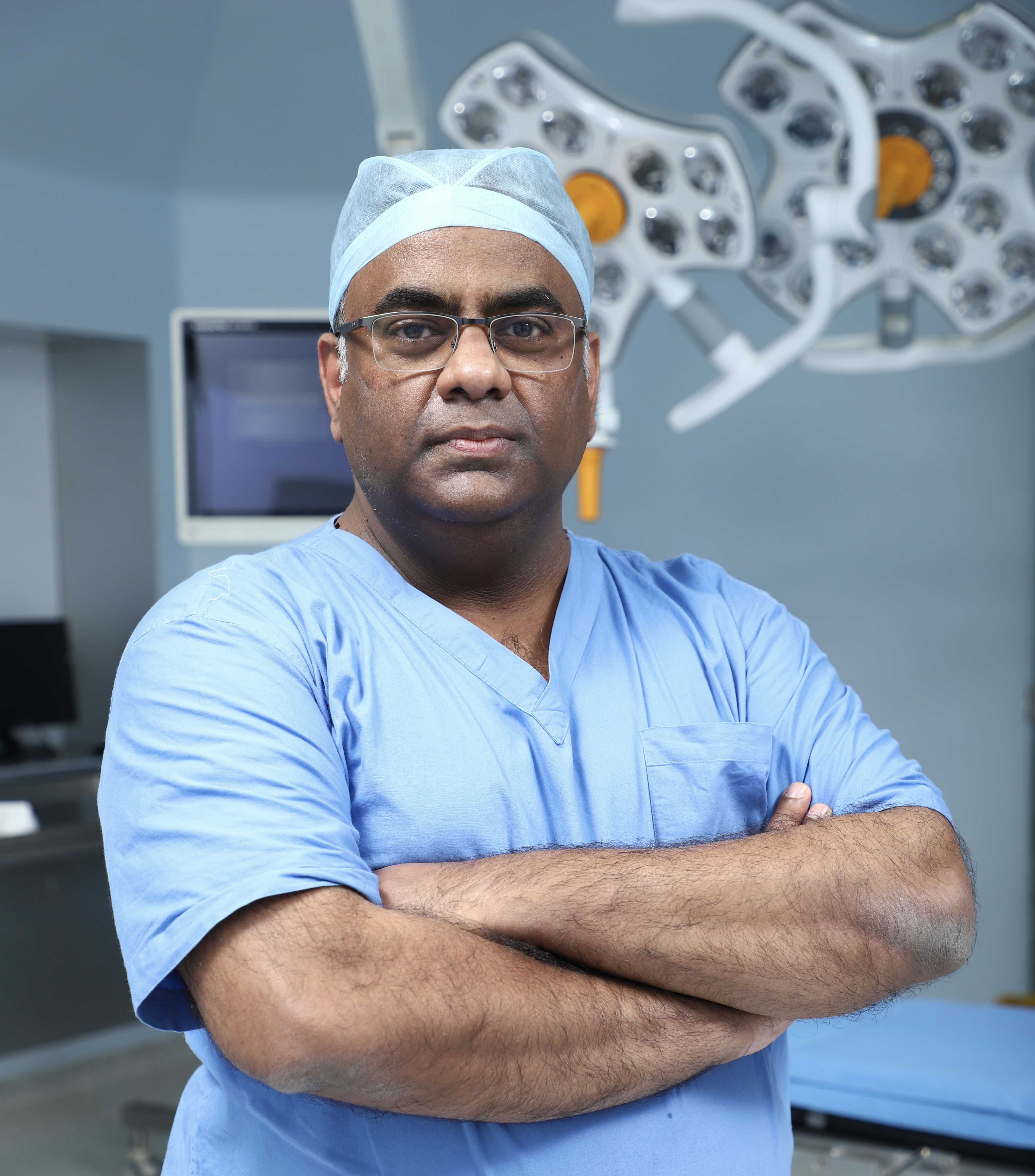The life of a thoracic surgeon is one filled with challenges, rewards, and an unwavering commitment to patient care. Thoracic surgery, a specialized field that deals with conditions affecting the chest, including the lungs, heart, esophagus, and other organs within the thoracic cavity, demands a high level of skill, precision, and emotional resilience. In this blog post, we’ll explore the daily life of a thoracic surgeon, the path to becoming one, the challenges they face, and the immense impact they have on their patients.
Contents
What is General Thoracic Surgery?
Thoracic surgery focuses on surgical procedures within the chest cavity, dealing with organs inside the chest except for the heart and major blood vessels. Surgeons in this field handle a range of conditions affecting organs like Lungs, Trachea and Bronchi (wind-pipe), Esophagus (food pipe), Pleura (the thin layer that covers the lungs), diaphragm (the muscle of respiration that separates chest and abdominal cavity. Thoracic surgeons specialise in surgery for diseases like lung cancer, esophageal cancer, thymic tumour (Thymoma), hemoptysis (blood in sputum), Pneumothorax, Empyema, Aspergilloma, chest wall tumours and chest trauma. It’s a highly specialized area of medicine that intersects with other specialties like cardiology, pulmonology, oncology, and gastroenterology. Thoracic surgeons must be well-versed in complex anatomy and have a deep understanding of diseases that affect the respiratory and cardiovascular systems.
A Day in the Life of a Thoracic Surgeon
1. Early Morning Rounds
A thoracic surgeon’s day often begins early, with rounds to check in on patients who have undergone surgery or are receiving treatment for respiratory or cardiovascular issues. These rounds allow the surgeon to assess recovery, address any complications, and ensure that the patient is progressing as expected. Morning rounds are crucial for maintaining effective communication with nurses, anesthesiologists, and other healthcare providers involved in patient care.
2. Consultations and Pre-Operative Assessments
Throughout the day, thoracic surgeons meet with patients who may need surgery. These consultations involve a thorough review of medical history, symptoms, and diagnostic tests, including imaging studies like CT scans or MRIs. The surgeon explains potential surgical options, risks, and recovery expectations. For many patients, this might be a stressful time, and it’s important for the surgeon to provide clarity and reassurance.













 +91-9818045855
+91-9818045855
